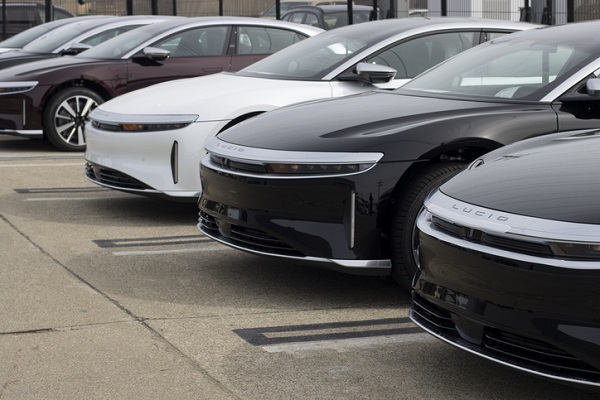EV Council: “Australia will remain world’s dirty car magnet if sub-par standards win out”
The Electric Vehicle Council says that Australia will languish at the end of the queue for the best and most affordable EVs, and fail to reach net zero, unless it ignores the car industry lobby and introduces legitimate fuel efficiency standards aligning with those enforced in the US or Europe.
Australia is one of the only OECD nations not to have fuel efficiency standards (FESs), making EVs difficult to purchase and creating long wait times for delivery. Strongly growing Australian consumer demand for EVs is significantly outpacing supply.
ADVERTISEMENT
Fuel efficiency targets require manufacturers to pay a penalty for exceeding carbon emissions targets set for the average of new vehicles they sell. This means there is an incentive for manufacturers to ensure they sell enough low-emission and zero-emission vehicles to avoid raising their average.
Although consensus is growing for the introduction FESs, there are calls from some industry voices that weaker standards should be adopted, in line with existing voluntary standards. But manufacturers and the EVC are warning that such a move will not create the change desired by Australian consumers and governments.
“The only fuel efficiency standards that will make a difference are standards in line with those that exist in the US and Europe,” EVC chief executive Behyad Jafari says.
“Australia missed the boat by 30 years in introducing fuel efficiency standards making us the world’s dumping ground for dirty vehicles today. If we finally get around to it and then introduce standards that don’t work that would be a tragedy.
“Car manufacturers sell the bulk of their vehicles into markets with fuel efficiency standards because that helps avoid penalty. There is currently no such incentive in Australia, which relegates this market to a lower order priority.”
He adds that there is no path to net zero by 2050 unless Australia stops selling emitting vehicles by 2035: “Cars in Australia have a 15-year average life span. If we’re still selling a significant quantity of combustion engine vehicles in 2036 we fail on net zero. It’s that simple.”
-
ADVERTISEMENT
-
ADVERTISEMENT


